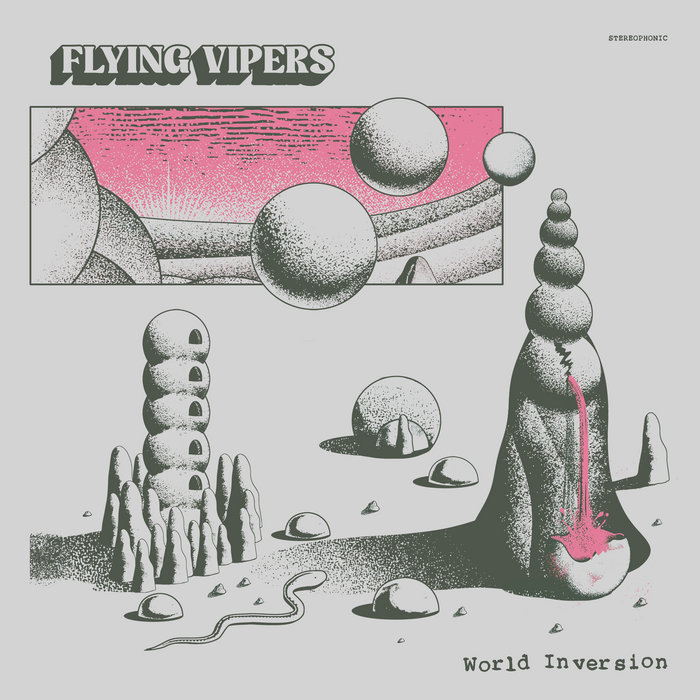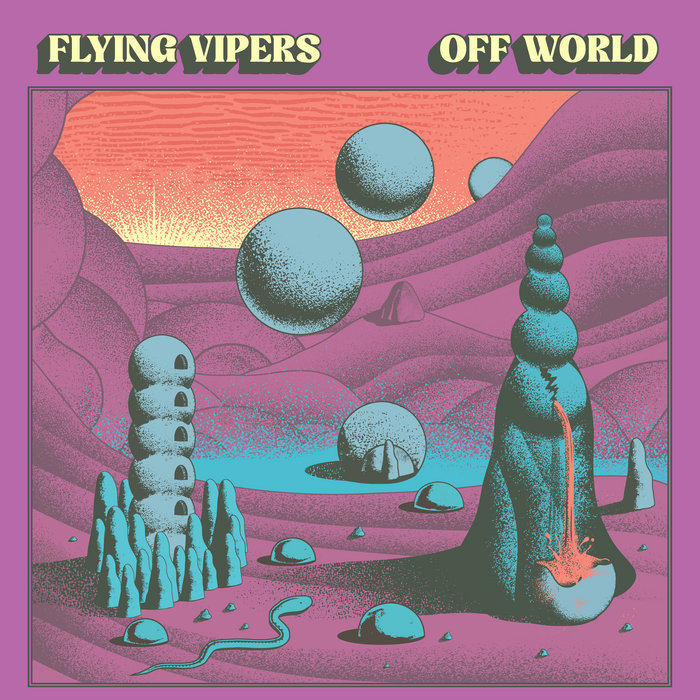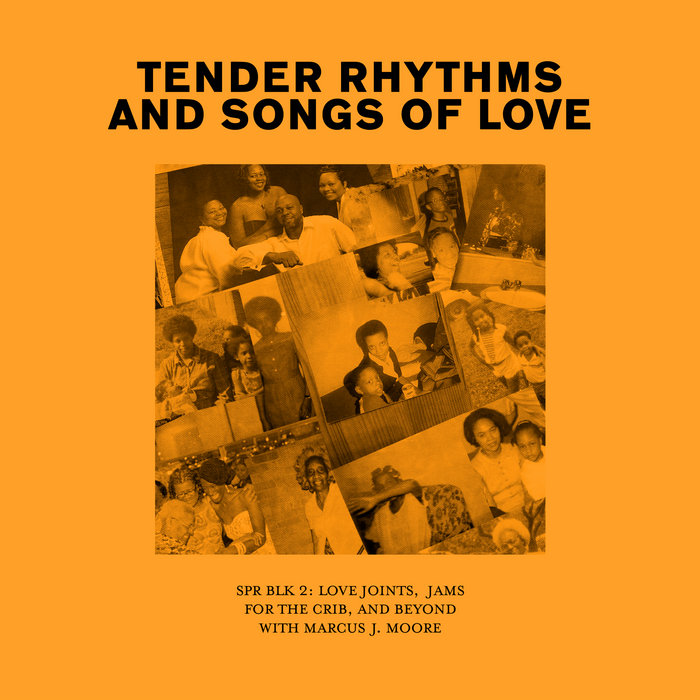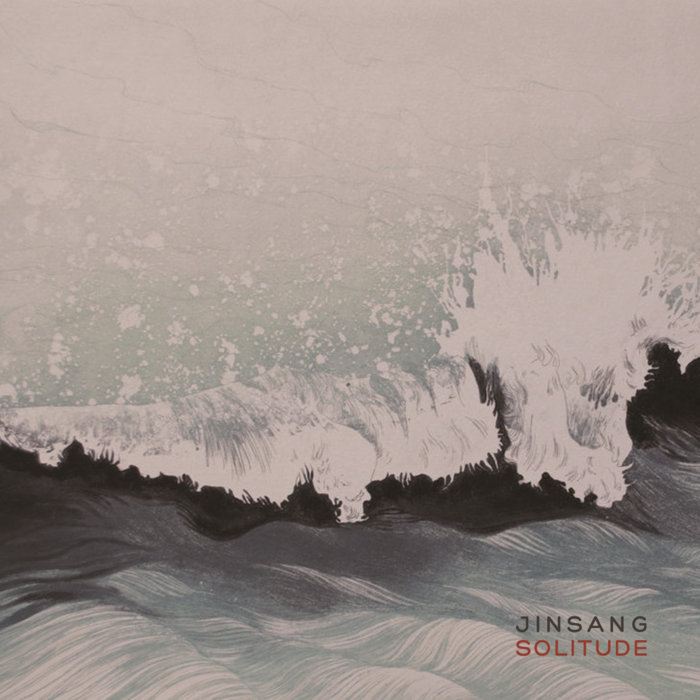
Persistency (feat Earl Sixteen) – Flying Vipers
this blog is GROOVY – check out great Soul, Funk, Jazz, Hip Hop, Bass, Breaks , Reggae, House n many more TUNES
Ah, the cassette tape! That little plastic block of magic that transformed our listening experience. Picture this: a world before streaming, when mixtapes ruled the hearts and cars of music lovers everywhere. Buckle up as we rewind together through the history of this funky format!
In 1963, Philips introduced the compact cassette to the world. Designed initially for dictation (yawn), it was soon embraced by musicians and listeners alike. By the early ’70s, artists were discovering that they could record their masterpieces on these nifty little tapes and distribute them without needing a big ol’ vinyl pressing plant.
The real magic happened in 1975 when Sony dropped its first Walkman—talk about a game changer! Suddenly, people could carry their tunes with them wherever they went. Gone were the days of lugging around heavy records; now you could bop to your favorite jams while trying not to spill your soda at skate parks or during long bus rides.
One of my favorite fun facts? The mixtape became an art form! Musicians would carefully curate song lists for friends, crushes—heck, sometimes even enemies! Nothing says “I like you” quite like including “Just The Way You Are” by Billy Joel on a mixtape.
And let’s not forget about some iconic partnerships sprouting from those cassettes! Prince famously recorded his “Purple Rain” album on cassette while simultaneously working on his film debut featuring himself rocking out in glorious fashion—yeah baby!
Speaking of love notes—the famed band The Cure was notorious for sending each other bizarre tapes filled with songs they thought would inspire new material or just for laughs. Can you imagine getting a tape from Robert Smith with unexpected tracks like Barry Manilow thrown in?
As cassettes grew in popularity throughout the ‘80s and early ‘90s, there was a significant showdown between these shiny new tapes and traditional vinyl records. Each had its pros and cons:
Let’s take Nirvana, who famously recorded their monumental album “Nevermind” onto both formats—but guess what? They preferred cassette because it captured their raw sound better than polished vinyl!
Did you know that during one recording session at Abbey Road Studios (yes THE Abbey Road), members from The Beatles supposedly tried to play pranks by flipping over master recordings onto blank cassettes labeled “Best Of Ian Dury”? Talk about hitting back at your own legend status while having some good laughs behind closed doors!
Another goodie involves Duran Duran. Back in those dreamy ‘80s days when hairspray reigned supreme and neon ruled all wardrobes—a young fan sent them her homemade mixtape…which included several hours worth of dolphin sounds interspersed with random snippets from interviews she’d taken off radio stations discussing why Simon Le Bon was so cute! Did she get noticed? Absolutely—not exactly how she planned though…
Fast forward into late ‘90s; CDs started taking over much like disco balls glimmering past glittery dance floors filled with bell-bottomed revelers—and alas poor cassette slowly fell into oblivion…or did it?
Surprise twist – here comes deep appreciation years later as hipsters began digging through thrift shops looking for retro treasures alongside vintage clothing onesies (not joking). Nostalgia kicked hard—in 2019 alone sales skyrocketed more than 20% compared year prior thanks largely due indie bands bringing back authentic charm found only inside those magical cases.
Now-a-days modern artists are reviving good ol’ analog vibes releasing limited edition albums right on tape again; maybe that’s where all true creativity lies after all?
So here’s my call-to-arms: if you’ve got old cassettes collecting dust somewhere—or maybe lurking behind shelves waiting patiently—you might want to dig them out once more dive back down memory lane jammin’ away while marveling at throwback musical gems forgotten ages ago coupled along amusing stories wrapped around every song selection remembered fondly too ❤️✌️
Whether riding high atop nostalgia waves blasting Def Leppard or jamming Nirvana’s raunchy riffs—let’s embrace our roots rewind back steadily spinning memories shaped tightly within grooves created lovingly surrounded forever encompassing us via heartfelt tunes pressed firmly across timeless red magnetic tape 🎶✨

Persistency (feat Earl Sixteen) – Flying Vipers

Off World – Flying Vipers

Show Me – Flying Vipers

Tender Rhythms And Songs Of Love – Paxico Records

Solitude – DirtyBeauty